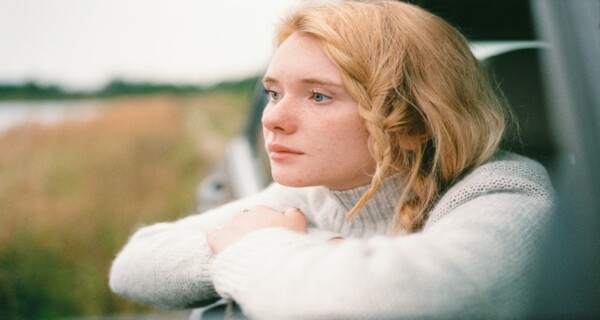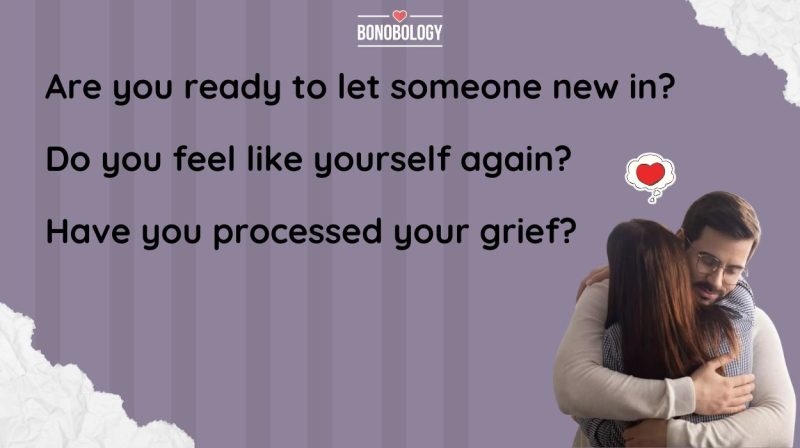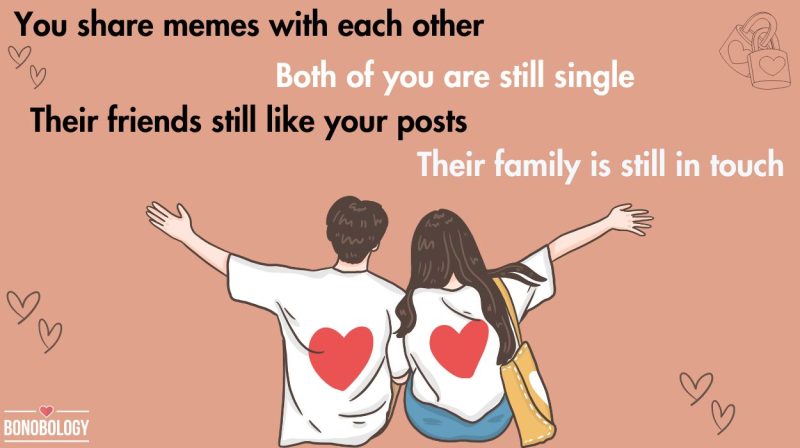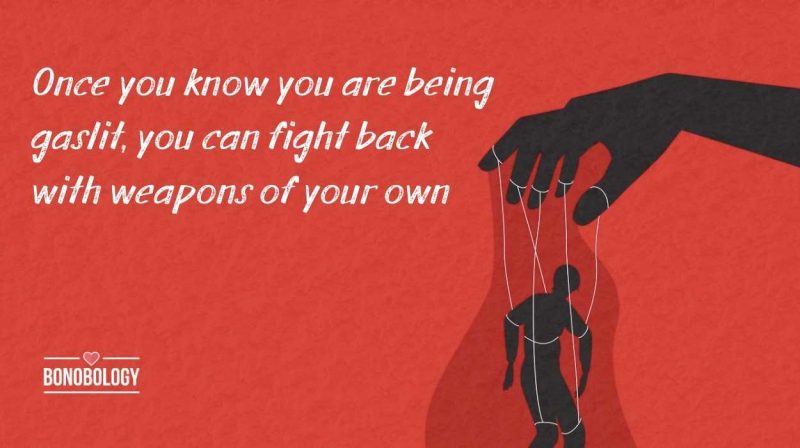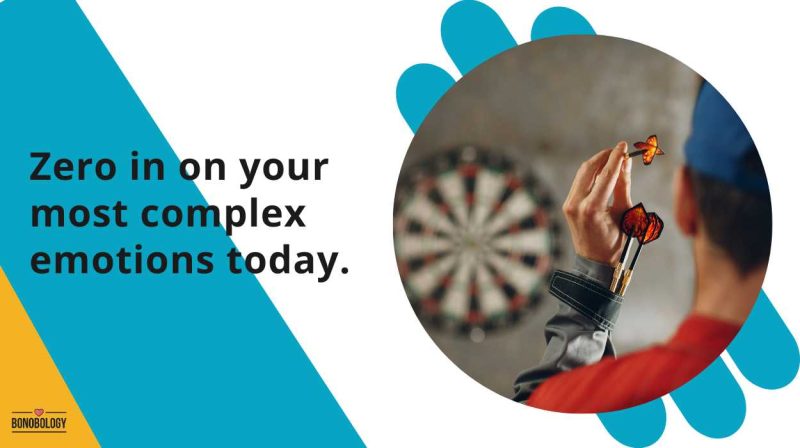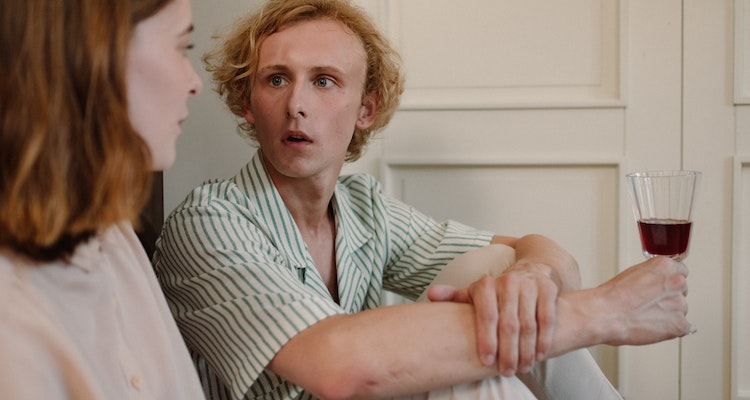Learning about yourself is a constant endeavor. You might’ve been resolute in the fact that you hate broccoli, only to realize it’s not really that bad once you actually had it. Similarly, when one too many toxic relationships come your way, relationship lessons about yourself may seem like a tough pill to swallow.
Are you somehow attracting a certain type of person your way? Do you have any insecurities that are affecting your relationships? Should you just drop the whole thing and get a bunch of cats instead?
No, don’t get those cats just yet. With the help of counseling psychologist Gopa Khan (Masters in Counseling Psychology, M.Ed), who specializes in marriage & family counseling, let’s take a look at what relationships teach you about yourself.
What Your Past Relationships Can Teach You About Yourself
Table of Contents
No, analyzing your past relationships will not give you the answer to every question you have in life. But at least it’ll tell you why you keep picking partners that run away at the first sign of commitment.
“My past relationship experiences have all been great, what can I even learn from them?” There’s still plenty you can find out about yourself, even if you feel all your past relationships have been great. Without even realizing it, the patterns you exercise along the way might’ve led to their demise.
“The first thing that people should realize from their past relationships is whether they were codependent in them, or whether they were way too independent. Was the relationship a healthy or an unhealthy one?” says Gopa.
Let’s figure out how analyzing your past relationships can help you figure out what you need to work on and what you need to do to make sure your next relationships end up being a little more than just “learning experiences”.
Related Reading: 12 Signs Your Past Relationships Are Affecting Your Present Relationship
1. Do you know how to love?
“The younger the couple is, the higher the chances that they’ve just involved themselves into an unhealthy dynamic,” says Gopa. “When you don’t really know much about how relationships work and what they entail, you end up being a part of unhealthy dynamics, assuming things are well because that’s how they should be.”
“I had a client who proudly told me her boyfriend was supremely jealous when she spoke to other boys. Since she’d seen in the movies and on TV shows that jealousy is cute, she found his behavior to be endearing. I had to tell her it’s in fact a red flag she needs to watch out for,” she adds.
Granted, you might not make the same mistakes and might not think that your partner wanting to check your phone is cute, but it’s a worthwhile question to ask yourself: Does your idea of love align with what love really should be?
“Do you believe that you need to be in relationships simply because you need to be ‘settled’? I have many clients who claim they need to tackle their loneliness by jumping headfirst into a relationship,” says Gopa.
“When you want to be in a relationship solely to be settled down and not be alone anymore, it might be because you’re trying to distract yourself from your co-dependency and insecurity issues,” she adds.
Have you been getting into relationships simply because it’s what everyone else seems to be doing? Forget about the things you learn in a relationship, what’s more, important is why you feel the need to be in one in the first place. This takes us to our next point, is your insecurity apparent in your equations?
2. Are you insecure?
“If you were codependent in your relationship, it could signify insecurity issues and the lack of an identity,” says Gopa. It’s not really the easiest pill to swallow, but if you want to analyze the relationship lessons you’ve been through, you need to question your own personality.
Did you feel like your happiness depended on the people you were dating? Did you notice yourself adopting their personality traits a bit too much? Were you too worried about being your most presentable self in front of this person?
“If you feel you need that relationship to survive, then that’s an unhealthy relationship,” says Gopa. “If you feel you cannot live without that person, it signifies a dangerous level of attachment that stems from insecurities and self-doubt. Your needs and wants are two very different things, analyze why you might have been codependent, and work on those issues if you want your next relationship to have a healthy dynamic.”
Studies claim that insecurities and self-esteem are closely linked and that low self-esteem usually results in an overall unhealthy state of mental well-being. If you do realize that something’s up, overcoming insecurity in relationships should become a goal, at least until you feel comfortable in your own skin.
Related Reading: Expert Suggests 7 Ways To Help Someone With Trust Issues
3. Do you gravitate toward the same kind of person?
Under the guise of having a certain “type”, it’s possible you may be ignoring the fact that you fall for similarly toxic people. Surprisingly, it can all be because of the very first relationship you ever had: the one with your parents.
“You’d think the people who experienced abuse or divorce in their house would want something completely the opposite of that. But as I’ve seen with my clients, the relationships you have with your parents massively affect the choices you make in your own romantic life,” says Gopa.
“I have a client who’s completely okay with having grown up in a family where her father walked out on them. But since she saw no role model for commitment as she was growing up, she’s constantly dating people who are not ready to make a commitment with her.

“Those people might even end up telling her they’re not healthy figures and they’re commitment-phobes, but she still finds herself wanting to be with them. I pointed out the pattern to her, telling her that it’s the same pattern that she experienced in her family since her father walked out on her.
“If you come from a family that’s very patriarchal, it can end up defining the kind of relationships you’ll go for in the future. If you experienced a lot of equality and a healthy partnership, you’ll seek one that exhibits those qualities too.
“When our relationships with our primary caregivers are unhealthy, we tend to repeat those unhealthy patterns with many people in our lives. It’s very important for the person to recognize these patterns and do something of a repair job within themselves.”
Related Reading: What To Expect When You Love A Man With Low Self-Esteem
4. Are you happy with yourself?
When faced with difficult circumstances and realizations, our flight or fight response may lead us to distract ourselves and look elsewhere, so the difficult conversations do not have to be faced. Similarly, when you sort of know you’re not happy with yourself, it’s possible you might just end up distracting yourself with relationships.
“It all boils down to how we see ourselves. If you’re unhappy with yourself or if you’re struggling with issues, it’s often obvious through your inability to give much to your relationship. In dealing with your own issues, you’re only going to be sucking the life out of the other person. You’ll be using all your energy in trying to cope with yourself, you won’t have any left to be there for your partner,” says Gopa.
Did you feel like you needed your relationship to save you from your issues? Was your relationship largely about how you were coping with life? Did your partner ever feel lonely in the dynamic? If so, it might’ve all stemmed from unhappiness you have toward yourself.
“When you’re not happy with yourself or when you feel lonely, a dating app is the last thing you need. Since you’ll fall for the first person who’s available, it’s more likely you’ll end up in an abusive relationship,” says Gopa.
So before you decide to fall in love with another person, fall in love with yourself first. The next first date you have after that might end up being your last one. Relationship lessons tend to slip under the radar. If you choose to forget everything about that toxic relationship you were involved in, it might really just end up being a waste of time. But if you learn from it all you have to, it’ll be the greatest teacher you can ever have.
What Is New Relationship Anxiety? 8 Signs And 5 Ways To Deal With It
Your contribution does not constitute a charitable donation. It will allow Bonobology to continue bringing you new and up-to-date information in our pursuit of helping anyone in the world to learn how to do anything.

